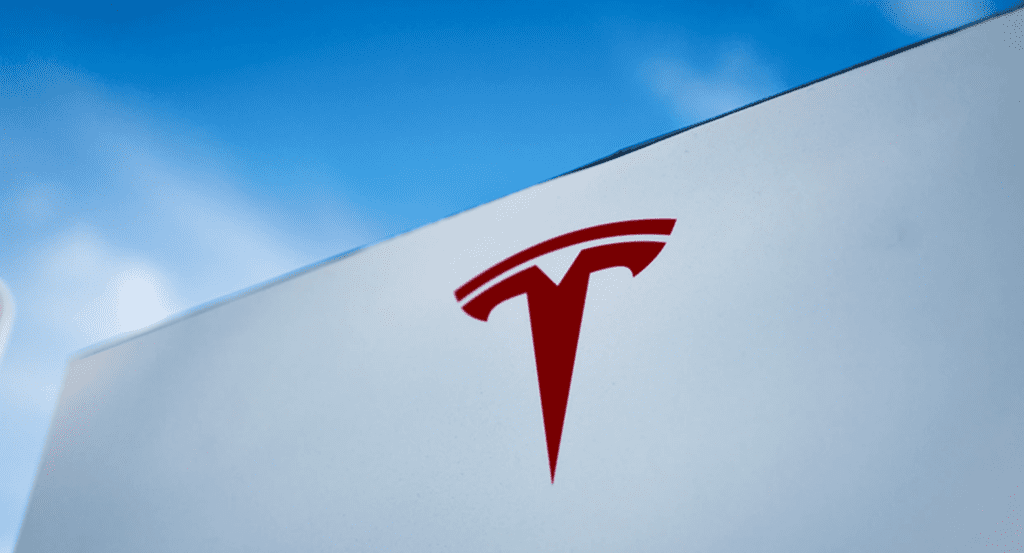Tesla European Sales Decline by 49% as EV Market Grows
Tesla is struggling to maintain its dominance in the European electric vehicle (EV) market, with sales plunging 49% in the first two months of 2025. According to the European Automobile Manufacturers’ Association (ACEA), Tesla’s sales dropped from 37,311 vehicles in early 2024 to just 19,046 in the same period this year. This sharp decline comes at a time when overall EV sales in Europe increased by 28.4%, indicating that Tesla is losing market share to competitors.
The drop in Tesla European sales can be attributed to multiple factors, including an aging vehicle lineup, growing competition from Chinese automakers like BYD, and backlash against CEO Elon Musk’s political affiliations.
Competition From BYD and Other Automakers Hurts Tesla
Tesla has long been considered the leader in the EV market, but its dominance is now being challenged. BYD, a Chinese automaker, is rapidly expanding its presence in Europe and other global markets.
- BYD’s 2024 revenue soared to $107 billion, fueled by a 40% increase in electric and hybrid vehicle sales.
- The company recently introduced an ultra-fast charging system that rivals the convenience of traditional gas stations.
- Unlike Tesla, which has been slow to refresh its vehicle lineup, BYD is rolling out new models at a rapid pace.
European automakers like Volkswagen, BMW, and Mercedes-Benz are also increasing their EV offerings, making the market more competitive. As a result, Tesla is no longer the go-to choice for European EV buyers.
Elon Musk’s Political Stances Impact Tesla’s Image
Beyond competition, Tesla is also dealing with a reputational crisis linked to Elon Musk’s political endorsements. In Germany, Musk publicly supported the far-right Alternative for Germany (AfD) party during the country’s national elections.
- His endorsement sparked widespread condemnation from politicians, business leaders, and the general public.
- Protests erupted outside Tesla dealerships across Europe, with some calling for boycotts.
- In the U.S., Tesla is also facing backlash due to Musk’s close ties with Donald Trump and his involvement in policy discussions aimed at reducing the size of the federal government.
For many European consumers, Tesla’s brand identity has shifted from being a symbol of innovation to a polarizing political entity, leading some potential buyers to choose alternative EV brands.
DON’T MISS THIS: Brazilian Workers Could Receive Salaries in Crypto Under New Bill
Global Tesla Sales Are Declining
The drop in Tesla European sales is part of a larger global trend. The company reported its first annual sales decline in over 12 years in early 2025, signaling a potential slowdown.
- Cybertruck recalls: Tesla’s highly anticipated Cybertruck has faced multiple recalls, including a recent one where windshield panels were flying off while driving.
- Aging model lineup: Unlike its competitors, Tesla has been slow to release new models or significantly update its existing lineup.
- Price wars with Chinese EV makers: Tesla has been forced to cut prices to stay competitive, but this has hurt its profit margins.
While Tesla remains a key player in the global EV market, its struggles in Europe, the U.S., and China suggest that the company must adapt quickly or risk falling behind its competitors.
What’s Next for Tesla?
With sales declining and competition intensifying, Tesla faces a critical period in its history. To regain momentum, the company may need to:
- Launch new models: Tesla must introduce new vehicles or significantly update existing ones to stay competitive.
- Improve reputation management: Musk’s political affiliations are alienating potential buyers, and Tesla may need to focus on rebuilding its brand image.
- Enhance battery and charging technology: With companies like BYD and Nio pushing the boundaries of EV charging speed and battery efficiency, Tesla must accelerate innovation.
Conclusion
The 49% drop in Tesla European sales highlights the growing challenges the company faces. While EV adoption is rising in Europe, Tesla’s aging lineup, political controversies, and rising competition are causing it to lose ground.
If Tesla wants to remain a leader in the EV market, it must adapt quickly—or risk losing its dominance to aggressive competitors like BYD and Volkswagen.
What do you think? Can Tesla bounce back, or is it losing its edge?























